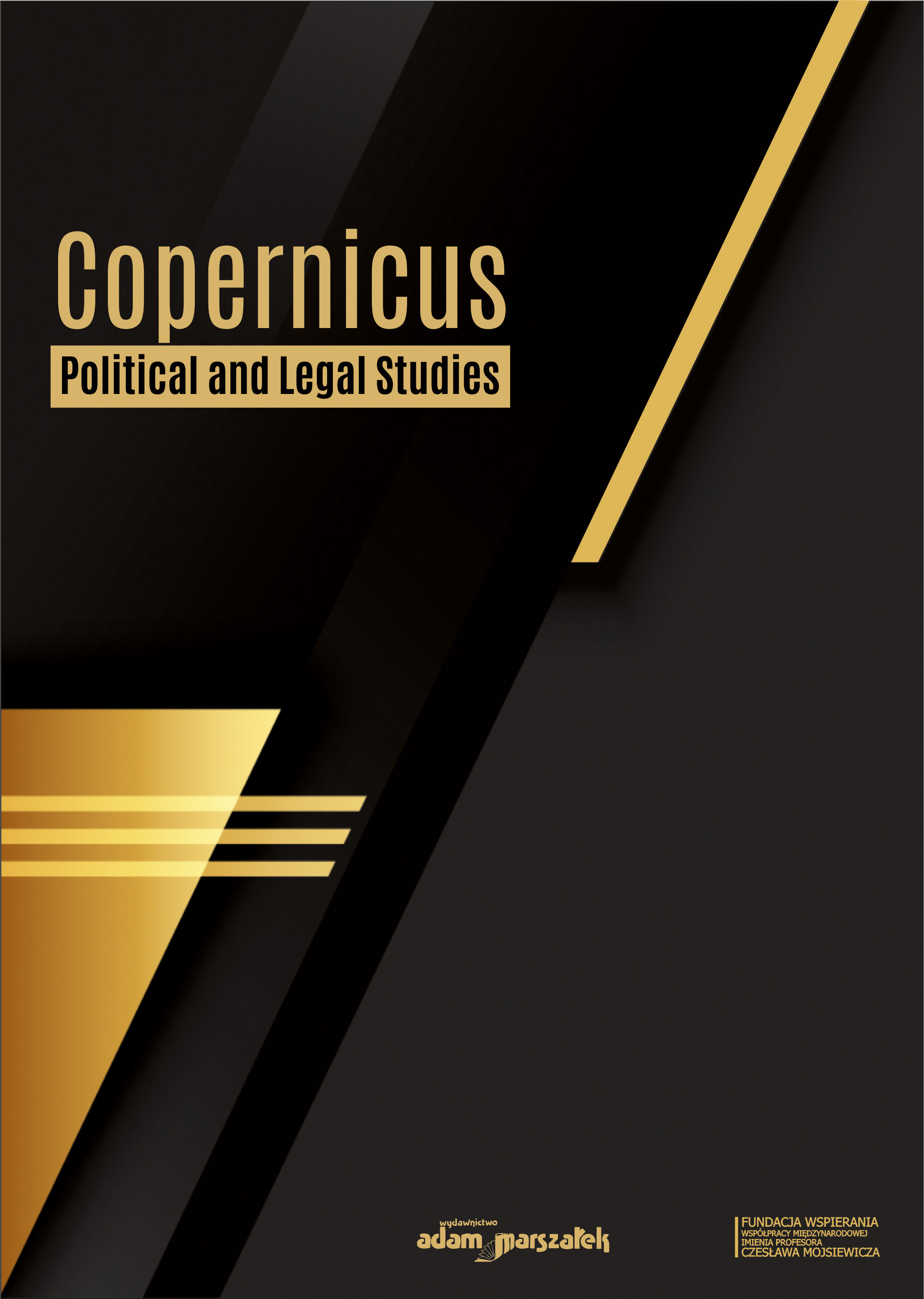On the Development of the Іnstitute of Recognition of Unexplained Assets in Ukraine
On the Development of the Іnstitute of Recognition of Unexplained Assets in Ukraine
Author(s): Yaroslav VoronizhskyiSubject(s): Civil Law, Sociology of Law
Published by: Wydawnictwo Adam Marszałek
Keywords: civil forfeiture; nominal owner; ex post facto application; the settlement; bona fide acquirer; fraudulent transaction; ECHR practice;
Summary/Abstract: The paper explores the possibility of introducing modern legal mechanisms of civil forfeiture adopted in foreign jurisdictions into the Ukrainian institute of recognition of unexplained assets and their forfeiture to the state revenue (“RUA”). Before defining the mechanisms of civil forfeiture adopted in other states, the paper defines essential characteristics of defendant and plaintiff for this category of cases. Moreover, based on the analysis of defendant’s essential characteristics and legal practice of the High Anti-Corruption Court (“HACC”) as well as the Appeals Chamber of High Anti-Corruption Court (“AP HACC”) in RUA cases, the essential characteristics of nominal owners are defined, and their role as determinant of unexplained assets concealment is indicated. Based on the analysis of legal practices of the European Court of Human Rights (“ECtHR”), a conclusion has been made with regards to the possibility of recovery of unexplained assets acquired before the civil forfeiture law’s entry into force, as well as an assessment of compliance of such a sanction with the European Convention on Human Rights (“ECHR”). The paper indicates the need to amend Part 1 of Art. 57 of the Civil Procedure Code of Ukraine. Based on the analysis of the application of the institute of civil forfeiture in foreign states and the results of his previous research, the author concludes the expediency of extending the provisions of RUA mechanism in Ukraine onto assets acquired before the RUA law came into effect. The work provides statistical data from other states indicating the effectiveness of settlement agreements (settlements) in illicit enrichment cases. Taking into account the practices of other states, the possibility of implementing the institute of settlements has been determined, both before the filing of a RUA lawsuit, and during the trial. Furthermore, the paper emphasizes the importance for the prosecutor to be given a choice between criminal and civil procedure for asset forfeiture, irrespective of the value of the potentially unexplained asset. Taking into account the Supreme Court’s practice regarding mala fides and bona fides purchasers of assets, as well as legal practices in foreign jurisdictions, the author establishes the need to introduce amendments to the Civil Procedure Code of Ukraine that allow the recovery of the unexplained assets that have been transferred to a third party, if such party was plausibly aware of their illicit origin, and also in the event of impossibility of executing court ruling in a RUA case
Journal: Copernicus Political and Legal Studies
- Issue Year: 2/2023
- Issue No: 4
- Page Range: 89-99
- Page Count: 11
- Language: English

